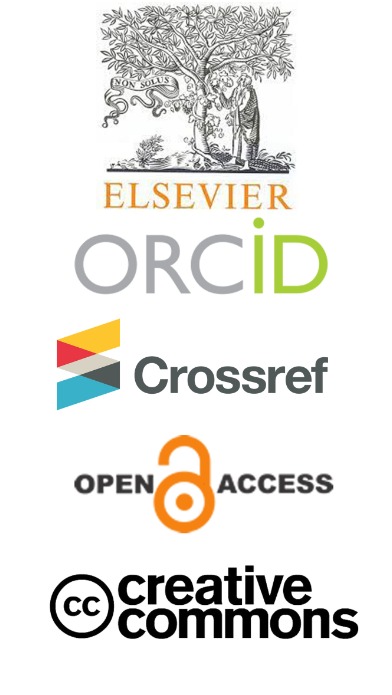Governance And Waqf Funds Sustainability: Case Study In Dompet Dhuafa Republika, Indonesia
Abstract
Good governance practices are important for any organization. Strong governance is largely based on its players in ensuring that financial and non-financial resources are well managed. The Dompet Dhuafa Republika Foundation manages ZISWAF funds (Zakat, Infaq, Sadaqah and Waqf) as well as other funds from individuals, groups, companies or institutions to help the needy through social and humanitarian activities in Indonesia. The success of Dompet Dhuafa’s governance and professionalism in transforming and expanding the benefits of waqf has been recognized globally through the Ramon Magsaysay Award Foundation (RMAF) in 2016. The aim of this study is to analyze governance by Dompet Dhuafa in strengthening waqf funds. This study is a qualitative study with case study design. Data were collected through documents, observations and interviews with focus group from ZISWAF team, Dompet Dhuafa. The data were subsequently analyzed using the content analysis method. The findings revealed that good governance practices in Dompet Dhuafa can sustain the accumulated waqf funds. Through the implementation of good governance, Dompet Dhuafa has conducted fundraising activities in collaboration with various parties to raise waqf funds. In managing waqf assets, Dompet Dhuafa took into account two main aspects; namely maintenance of waqf assets and development of waqf assets. Both of these aspects have made Dompet Dhuafa consistently generated profits and surpluses and eventually reimbursed to the waqf beneficiaries. The implications of this study can be outlined into three main dimensions; policy, Muslim communities and economy. The policy implication of this study can be seen from the implementation of good governance by Dompet Dhuafa in securing waqf funds. Indonesian communities can enjoy socio-economic benefits through the development of contemporary waqf assets. Overall, the practices of good governance require constant monitoring, supervision and control mechanism so that waqf benefits can be generated and sustained continuously. As for the Muslim communities, the implication can be highlighted through the Dompet Dhuafa’s transparent and efficient governance practices, where they were able to witness themselves evidences of waqf development in the form of hospitals, schools, mosques and others in Indonesia. This will increase the tendency of Muslim communities to endow through Dompet Dhuafa. For economic implication, it was proven that good and sustainable concept of waqf governance applied in Dompet Dhuafa can indirectly overcome the problems of hidden, unproductive and unmanageable waqf assets faced by waqf managers in Indonesia. Dompet Dhuafa has successfully contributed to the economic system of the Indonesian people via the equitable distribution of wealth to several needy groups. The findings provided a deeper insight into the understanding of waqf governance and funds sustainability. These works will provide a basis for further research on waqf for both practitioners and policy-makers and expected to help the waqf fund managers in governing the sustainable waqf funds in the future.



